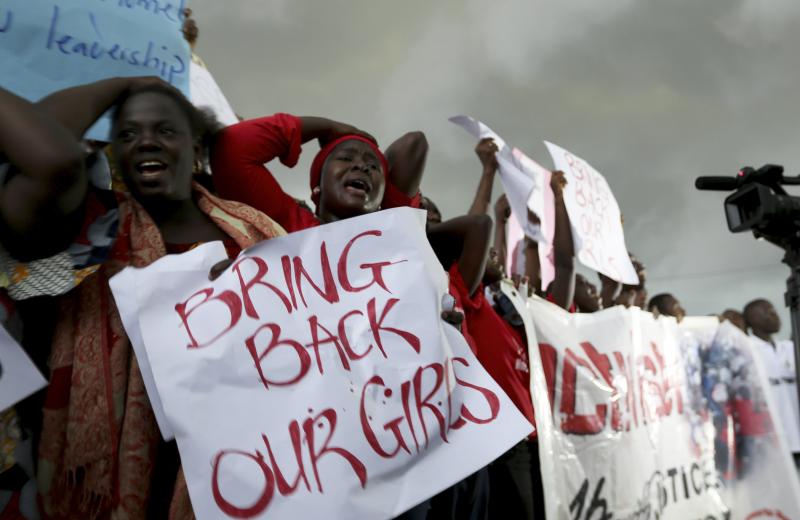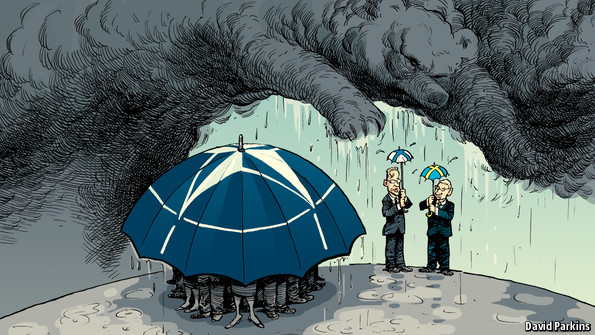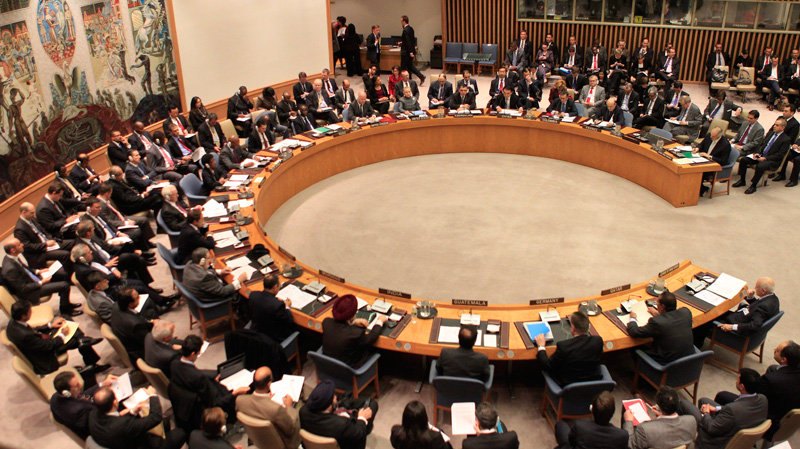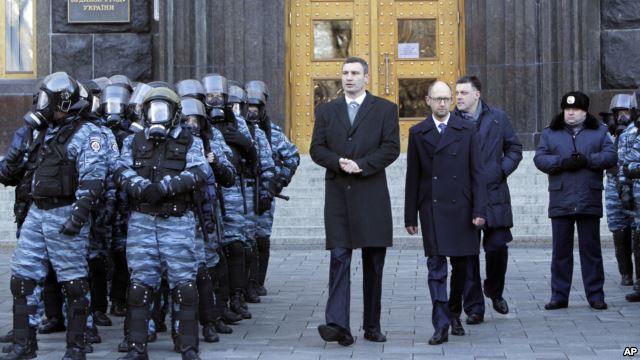It has been over six months since the Nigerian Islamic terrorist group Boko Haram kidnapped over 200 schoolgirls, threatening to sell their victims on the black market, and generating a wave of international anger and outrage in the process. As angry as the families of the victims have been towards the group for kidnapping their loved ones, there has been an equal amount of frustration directed towards the Nigerian government which has since been incapable of curtailing Boko Haram’s atrocities, or of fulfilling their promise to see the kidnapped victims home safely.
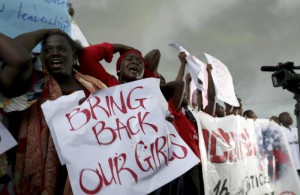
On October 17, 2014, the Nigerian government announced that it had successfully engaged in negotiations with Boko Haram, and that the abducted schoolgirls would finally be released by the Islamic extremist group. Less than a week after the announcement, reports of Boko Haram committing increased acts of violence emerged, along with claims that the group had engaged in more mass kidnappings.
Through negotiations, the Nigerian government and Boko Haram had reached a ceasefire and an agreement over the release of the schoolgirls. Speaking about the agreement, Nigerian defence chief Alex Badeh stated “I wish to inform this audience that a ceasefire agreement has been concluded.” Badeh added that “commitment among parts of Boko Haram and the military does appear to be genuine.” Government official Mike Omeria confirmed that Boko Haram would release the schoolgirls stating “the schoolgirls and all other people in their captivity are all alive and well.”
Any sense of hope felt by the victim’s families were quickly shattered, when on October 23, 2014, it was reported that Boko Haram had kidnapped more women and children in Northeast Nigeria. Other reports have surfaced claiming that the group had kidnapped a further 60 people. On November 1, 2014, Boko Haram publically announced that the 200 kidnapped girls orignally promised to be set free, had been sold off to prospective husbands. Boko Haram leader Abubakar Shekau stated in a video recording “We have married them off. They are in their marital homes”
While the exact terms of the respected ceasefire agreement were not clear, Nigerian president Goodluck Ebele Jonathan has faced criticism for his slow response, and for his inability to curb the group’s terrorist activities. As of now, Boko Haram retains significant control over regions in Northeast Nigeria, forcing the population to debate whether their president still has control of the country.
The United States, Canada, France, and Britain were among the several nations offering military assistance to help in the search for the missing girls. In May 2014, Canadian Prime Minister Stephen Harper acknowledged that Canadian personnel had been deployed to Nigeria to “provide liaison and to assist Nigerian authorities in their search.” As of yet, the commitment by the international community has failed to produce positive results.
The failure to secure the release of the abducted schoolgirls highlights the serious threat that Boko Haram is posing to female education in Nigeria. USAID, the U.S. international development agency, has devoted $150 million to several programs aimed at providing education to children affected by the spread of violence in Nigeria, yet Borno state, located in Northeast Nigeria, has only 28% school attendance rate for primary school children. This figure is not surprising, given the wave of violence and political instability initiated by the terrorist group whose name translates to “Western education is sin.”
The terrorist group has been active in Nigeria since 2009, terrorizing the population in an effort to transform the country’s political landscape into a radical Islamic state. The group has killed over 5000 citizens, and has attacked schools, churches and government buildings. Its kidnapping of the 200 schoolgirls in April, propelled it onto the international stages, generating a wave of global outcry.
The rise of Boko Haram indicates that the Nigerian government has underestimated the capabilities of the terrorist group. Recent events have revealed the inability of the government to curb the threat of terrorism and keep the citizens of Nigeria safe.

